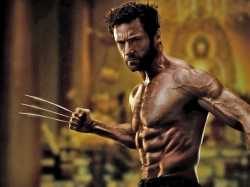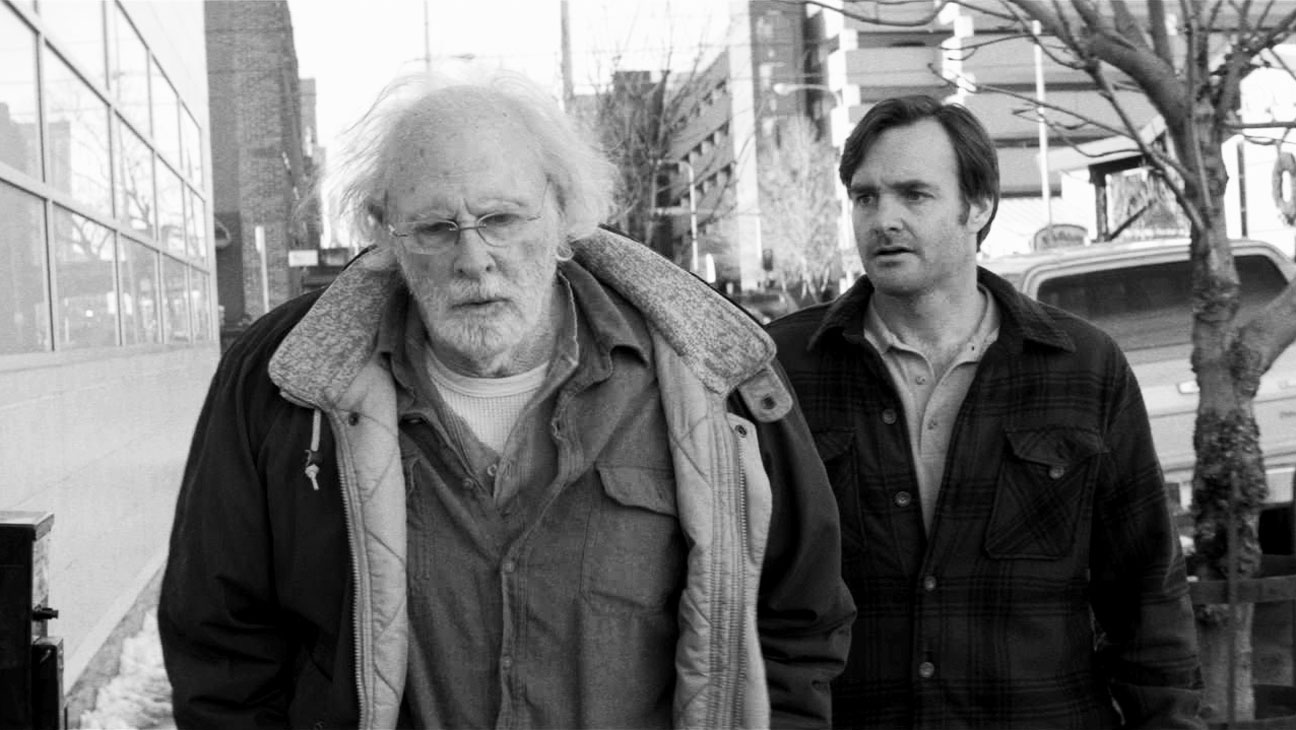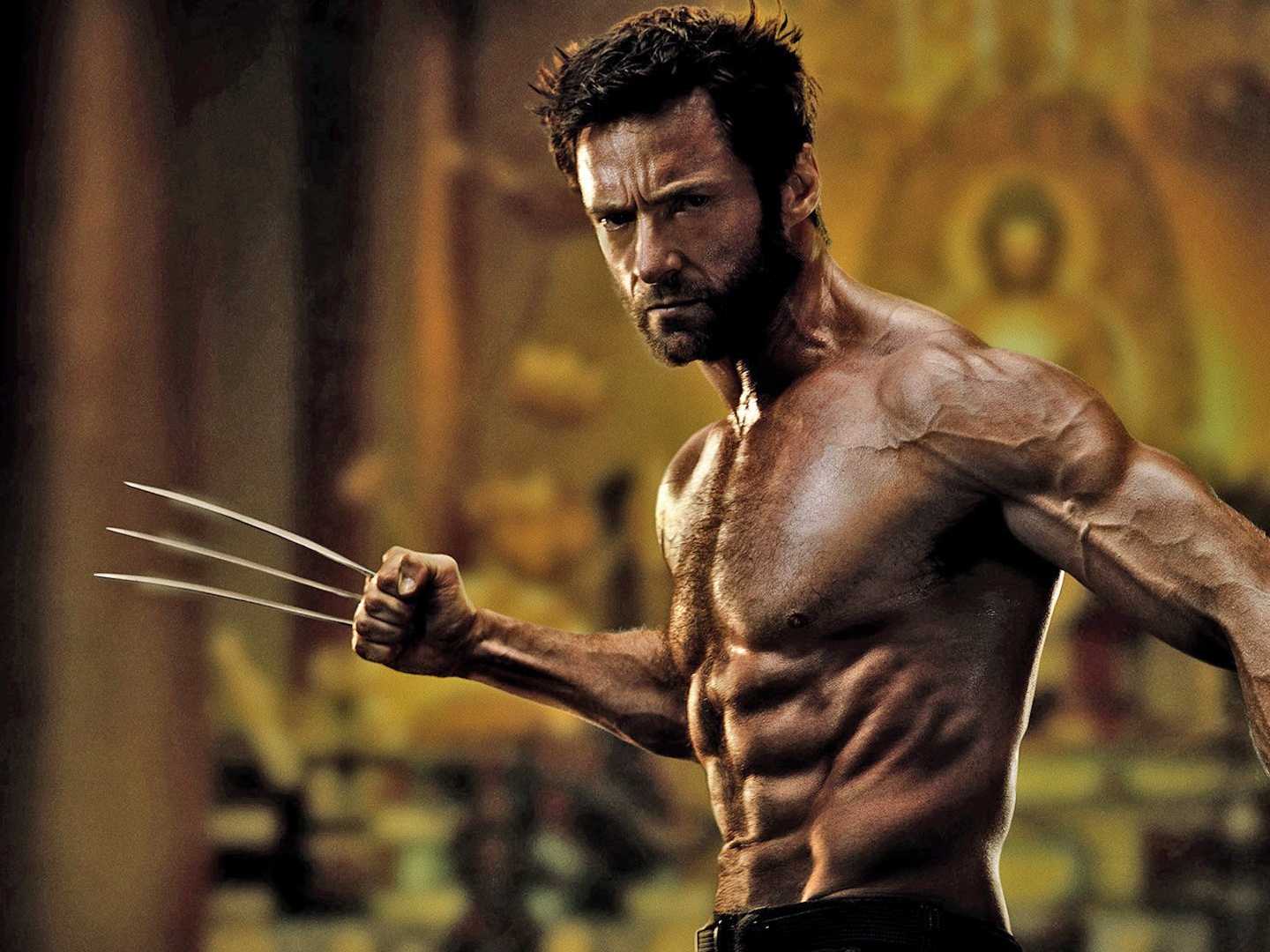For movie lovers and movie critics, the end of the year brings an avalanche of "best of" lists to analyze, pick apart, and argue over. Here at CT Movies, knowing that every critic and every movie lover brings different tastes, interests, and perspectives to the table, we've decided to take a different approach.
Each of our regular critics came up with a list of "best" films in categories of their own choosing, and we'll be running them over the next week. These aren't necessarily the year's best films, nor even the best movies these critics saw all year—just a sampling of the riches of 2013. We hope you'll find something to love.
Best Horror Movie That You Could Watch As A Christian and Not Feel Nagging Doubts About Watching It The Conjuring (Rated R for sequences of disturbing violence and terror)
The Conjuring is just so scary, you guys—and so well done, well acted, well paced, and scary. If you'd seen me jump and yelp as I watched this movie on my 13" laptop screen (in the middle of the day, with the sound turned down), you'd know I'm not being hyperbolic. When Christians watch horror movies, sometimes there's this nagging feeling that watching Hash-Slinging Slashers or Cash-Ringing Gnashers or whatever slice up collegiate kids for an hour and a half is in like total direct violation of something like Philippians 4:8 thought criteria.
But The Conjuring's faith-based aspects—like the religious leanings of the heroes of the films, or the holistically respectful treatment of faith (a rarity for horror films), as well as a dearth of blood and guts and gore, make The Conjuring a solid movie for people who love to be scared*, but don't love the gross and dark content that's normally associated with horror movies. (Nick Olson's review for CT.)
*Seriously, guys—so very scared.
Best Performance By Sam Rockwell in 2013 The Way Way Back (Rated PG-13 for thematic elements, language, some sexual content and brief drug material)
Where The Kings of Summer eschews traditional cliches and plotting and characterization, The Way Way Back embraces them, and tries to tell a coherent and likable story with them, and it mostly succeeds. Some of the characterizations are too broad—for instance, Steve Carrell's character is just too much of an over-the-top jerk for us to muster any real empathy, reducing him instead to just a one-dimensional character to be fought against—but the movie does have some poignant subtle moments, almost all of which pertain to Sam Rockwell. This man is going places, ladies and gentlemen. He'll be famous one day. I know it.
Best Movie of The Year That I've Seen So Far, Acknowledging My Limited Watching Habits Nebraska (Rated R for some language)
Nothing's more difficult than writing about family, so I'll keep this short—Nebraska is beautiful and understated and poignant and scattershot and hilarious. Director Alexander Payne whips the movie so quickly in between comedy and heartbreak that it's the closest thing to actually experiencing the idea of a family in an hour and a half out there. It's the kind of really good movie that makes for a good contrast with something else, but on its own is almost impossible to talk about—probably because Nebraska doesn't even talk about what it talks about, not really. There is no thesis line of dialogue, no summational bit, no scene that encapsulates the whole movie. To explain what makes Nebraska so great, I'd just need to show you all of Nebraska.
 20th Century Fox
20th Century FoxSuperhero Film Most Able to "Get Over Itself" The Wolverine (Rated PG-13 for sequences of intense sci-fi action and violence, some sexuality and language)
Just roll with me here: every superhero in 2013 besides The Wolverine can be summed up by "The fate of the world hangs in the balance, let's hope that [Whoever] can save the day!" Man of Steel, Thor 2, Iron Man 3—all of them prominently feature some impending cataclysmic thing that has to be stopped.
And we're just tired. I'm so tired of the whole world always being in danger. I haven't even seen the whole world—why do I care about the safety of an object I haven't really seen? "The World" is just too abstract and too cliched a concept to hang your movie on anymore, and The Wolverine is like a giant breath of fresh air. Wolverine's job is to protect a girl and solve a mystery, and order is, indeed, restored.
In my review here on Christianity Today, I compared The Wolverine to Die Hard, and meant it in the best kind of way—it's a complete package. The teasing sort of "Come see us next movie!" stuff is underplayed and kept for after the credits, as opposed to taking up the entire denouement. (Jack's review for CT.)
Best Movie Based On A Young-Adult Fiction Novel, Not Just of 2013 But Perhaps Ever The Hunger Games: Catching Fire (Rated PG-13 for intense sequences of violence and action, some frightening images, thematic elements, a suggestive situation and language)
When did YA fiction movie adaptations get this good? And why haven't they always been? Aside from the acting, the most spectacular thing about Catching Fire was its basic level of competence—knowing how to frame a scene, how to move along the action, how to write dialogue, whatever. The acting was great and subtle and stuff, but everything else was okay and for some reason I'm thrilled by that. I just enjoyed being thrilled by a movie without having to append the mental disclaimer "Oh yeah, go easy on it, it's an adaptation of a YA novel." (Alissa Wilkinson's review for CT.)
The Movie I Wish Everyone Would See (and the Best Coming of Age Story That Isn't "The Spectacular Now") The Kings of Summer (Rated R for language and some teen drinking)
The Kings of Summer is both painfully funny and painfully real, and I love both so much. Maybe it's because I was blessed to be raised in a hilarious family; maybe it's because my abundant-in-years life has been exceptionally painful. Whatever it is, The Kings of Summer resonates with me in a very real and important way. And here's the problem: almost nothing that's really great about the movie is explainable—it's not the cinematography (good but perhaps over-Malick-y), or the acting (good but not exceptional) or anything. It just "feels True," a fuzzy statement that maybe indicates its ability to be meaningful. If I could reduce it to academic analysis, it wouldn't mean anything.
I trust that the guys who made The Kings of Summer had a story to tell, that the people who wrote it were trying to actually capture something about life that they'd felt as kids—lame things, like heartbreak and annoyance and feelings of pubescent powerlessness—and instead of standing back and rolling their eyes at it, or making fun, or establishing some kind of "ironic distance," they just meant it. The movie is so crushingly sincere that it'd be impossible to like if you had any pretensions about yourself being cool. It forces you to either be in—to buy into Joe and Patrick's lame-but-true story of loss and pain and funniness and stuff—or be out, in which case you'd just roll your eyes and use words like "maudlin" or "over-sentimental."
And I have totally bought into it. (Jack's review for CT.)
Jackson Cuidon is a writer in New York City. You can follow him on his semi-annually updated Twitter account: @jxscott










